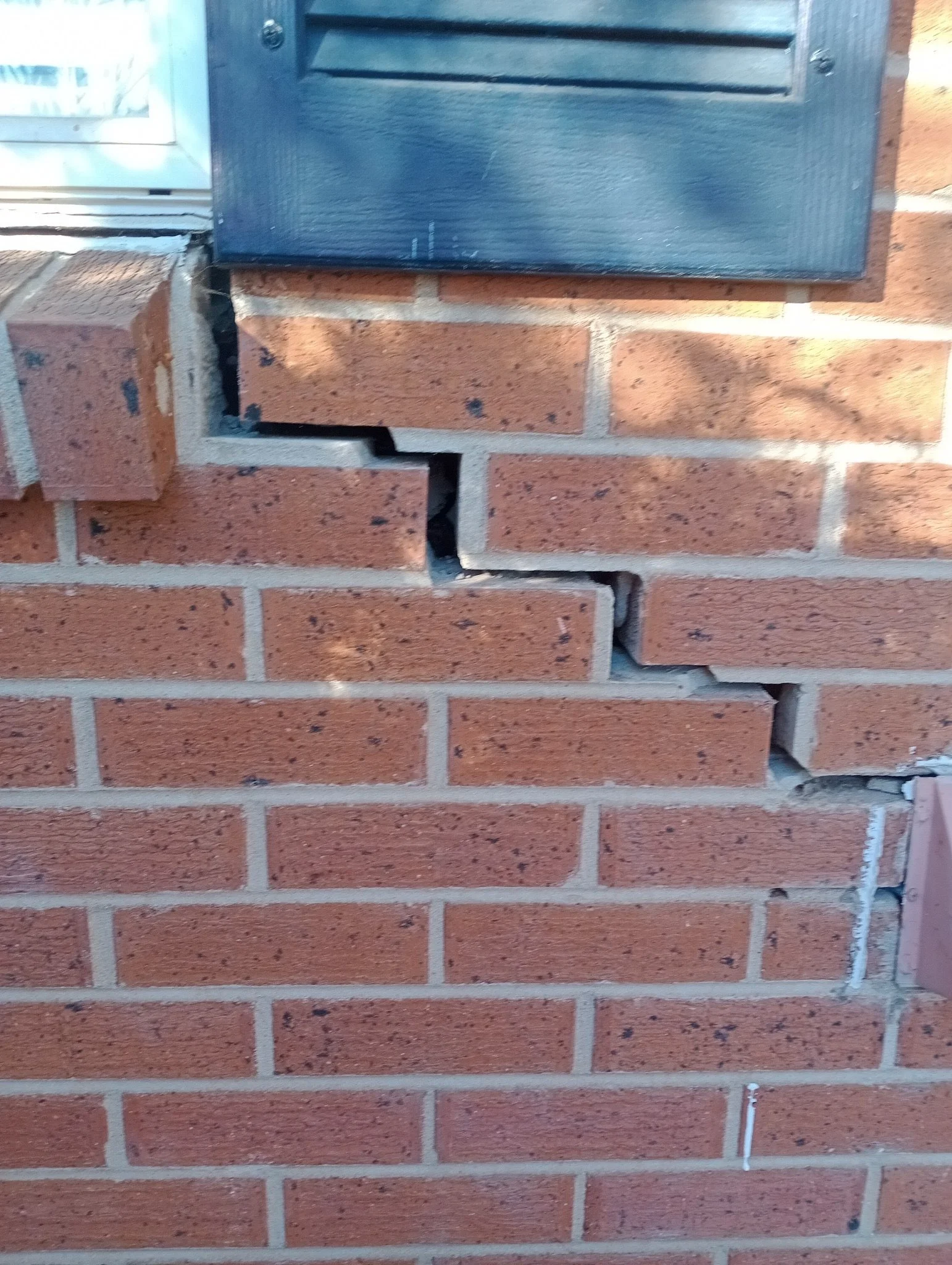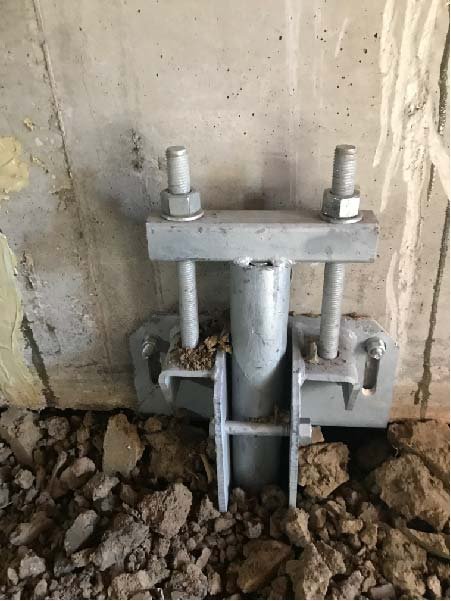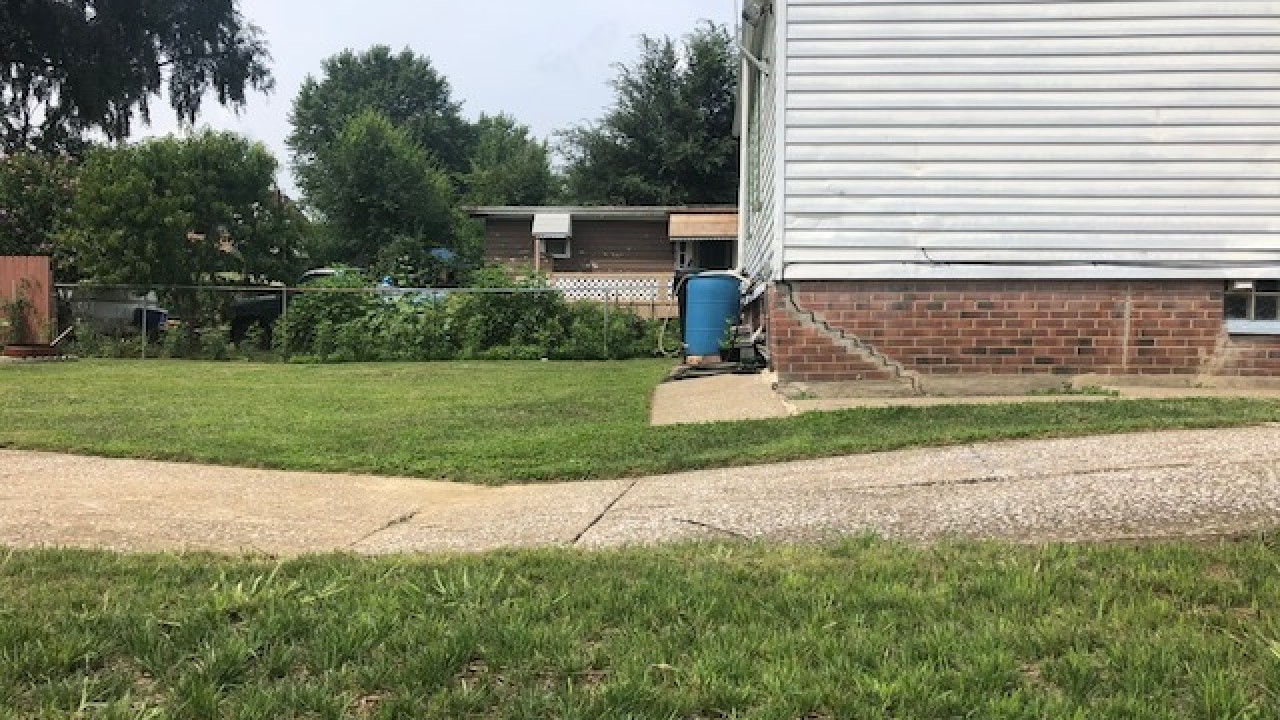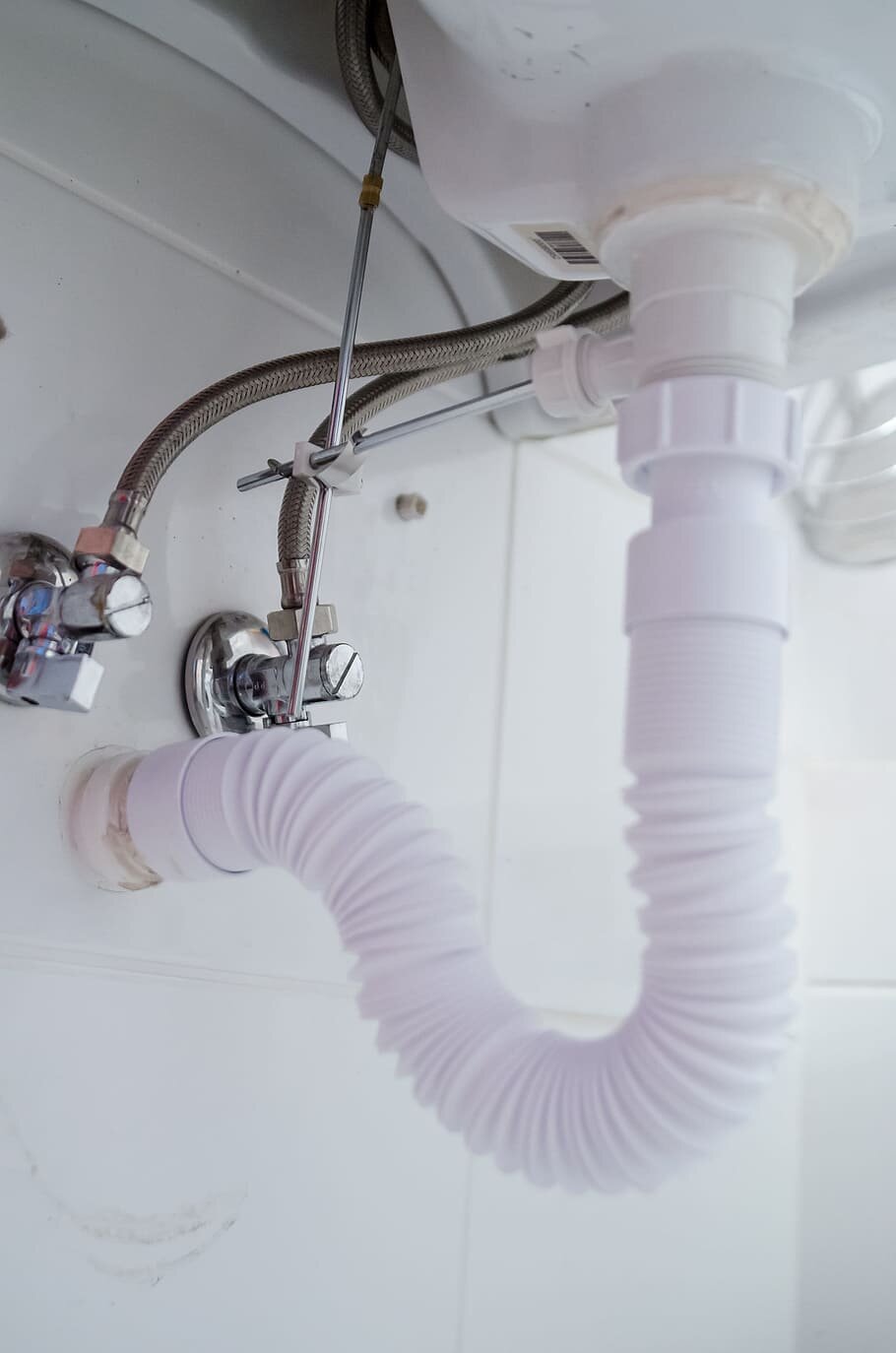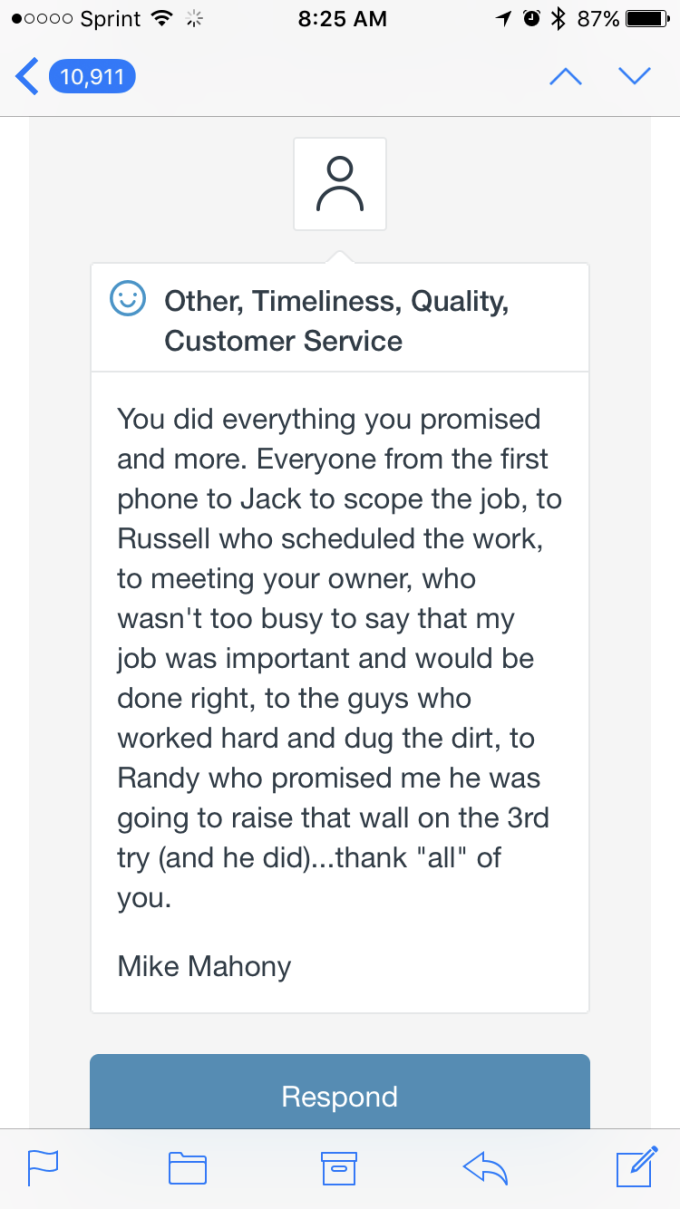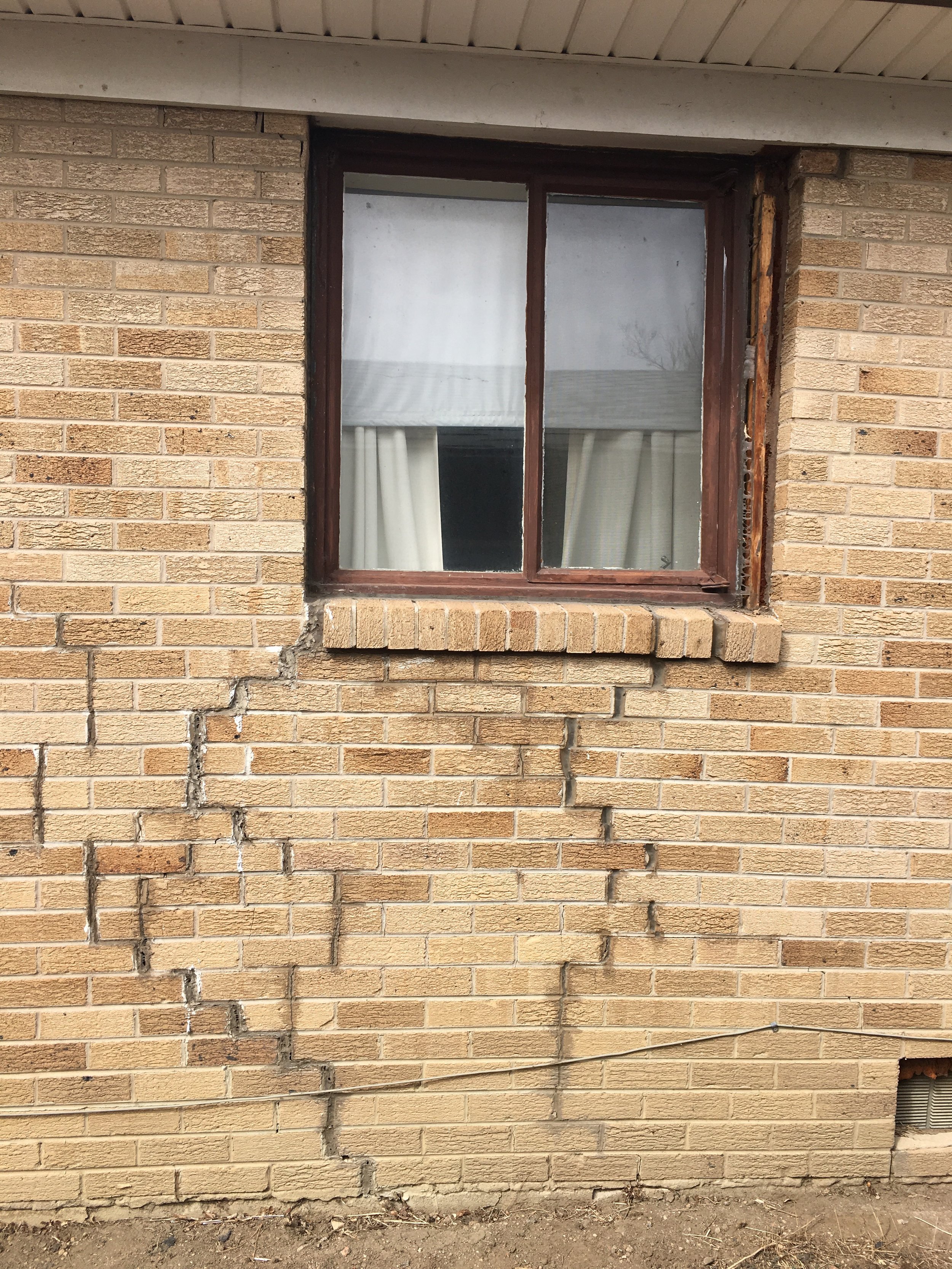How Long Can You Live in a House with Foundation Problems?
Foundation problems are a serious concern for homeowners, but not every issue requires immediate evacuation. Some foundation issues develop slowly over time, while others pose an urgent threat to a home’s safety. Understanding the severity of foundation damage, recognizing the signs of deterioration, and knowing when to seek professional foundation repair can help homeowners determine how long they can safely live in a house with foundation problems.
Signs of Foundation Issues
Foundation damage can show up in many ways, and recognizing the warning signs early can prevent more significant structural problems. Some common indicators include:
Uneven Floors – A sloping or sagging floor can indicate foundation settlement or shifting.
Cracks in Walls or Ceilings – Hairline cracks may be normal, but wide or growing cracks often signal foundation movement.
Sticking Doors and Windows – Frames that are difficult to open or close may be shifting due to foundation movement.
Gaps Around Doors and Windows – Spaces between walls, floors, and ceilings can be a sign of an unstable foundation.
Bowed or Leaning Walls – This is often caused by hydrostatic pressure or foundation settlement.
Crawl Space or Basement Moisture – Water intrusion can weaken foundation walls, leading to long-term damage.
Separation of Exterior Brick or Siding – Gaps in exterior materials indicate movement in the structure.
If any of these signs appear, it’s important to have a structural engineer or foundation repair professional assess the home.
Gaps in Siding
Water Intrusion
Separating Brick
Is It Safe to Live in a House with Foundation Problems?
Whether it’s safe to remain in a home with foundation issues depends on the severity of the problem. Minor settling and small cracks often pose no immediate risk, but major structural issues can compromise the stability of the home.
Minor Foundation Issues – Small, hairline cracks in walls or concrete slabs are usually not a safety concern and can be monitored over time.
Moderate Foundation Problems – Uneven floors, sticking doors, and expanding cracks indicate worsening foundation movement, but the home may still be livable.
Severe Foundation Damage – If a house has large structural cracks, leaning walls, or significant movement, it may no longer be safe to live in.
A foundation type can also affect how serious the damage is. For example, homes with crawl spaces may be more vulnerable to moisture-related issues, while slab foundations may develop large cracks from soil movement.
Risks of Living in a Home with Foundation Damage
Even if foundation damage doesn’t immediately threaten safety, it can create problems for homeowners. Some of the biggest risks include:
Structural Damage – Over time, foundation movement can lead to worsening cracks, misaligned walls, and weakened support beams.
Water Damage – Foundation issues often lead to moisture intrusion, increasing the risk of mold, wood rot, and deterioration.
Increased Repair Costs – Waiting too long to fix foundation issues can make repairs more expensive, as damage spreads to other areas of the home.
Decreased Property Value – A home with foundation problems can lose value, making it harder to sell.
Insurance and Mortgage Challenges – Some insurance companies and lenders may not cover or finance a home with severe foundation damage.
Ignoring foundation problems can turn a manageable issue into a costly and dangerous situation.
How Long Can You Live in a House with Foundation Problems?
The amount of time a homeowner can safely live in a house with foundation problems depends on several factors:
Severity of the Damage – Minor cracks may not affect daily life, while major structural failures may require immediate attention.
Foundation Type – Some foundations are more resistant to movement than others, affecting how quickly problems worsen.
Environmental Factors – Soil conditions, moisture levels, and extreme weather can speed up foundation deterioration.
Homeowner’s Risk Tolerance – Some people are comfortable living with minor issues, while others may want immediate repairs for peace of mind.
For minor foundation issues, homeowners may live in their house for years without major concerns. However, ignoring severe problems can eventually lead to unsafe living conditions.
When to Seek Foundation Repair
It’s important to address foundation issues before they become a major risk. Homeowners should seek foundation repair if they notice:
Worsening cracks in walls, floors, or ceilings
Significant uneven floors that make walking difficult
Walls that are bowing or leaning
Gaps forming between walls, windows, and doors
Water intrusion leading to mold or basement flooding
Foundation repair can stabilize the home and prevent further damage. Depending on the extent of the problem, solutions may include pier installation, wall anchors, crawl space support, or basement waterproofing.
The Cost to Repair a Foundation
Many homeowners hesitate to fix foundation problems due to cost concerns. The price of foundation repair varies depending on the severity of the damage, the repair method used, and the home’s foundation type. Some general cost estimates include:
Minor Crack Repairs – $500–$1,500
Crawl Space Support Installation – $3,000–$7,000
Wall Anchors or Bracing – $4,000–$12,000
Foundation Pier Installation – $5,000–$15,000+
Full Foundation Replacement – $20,000–$50,000+
While foundation repairs can be expensive, delaying them often leads to higher costs in the future.
Protecting Your Home from Foundation Problems
Preventative maintenance can help homeowners avoid foundation issues and costly repairs. Key steps include:
Improve Drainage – Ensure gutters and downspouts direct water away from the foundation.
Monitor Cracks – Check for changes in size or new cracks forming.
Seal Minor Cracks – Address small cracks before they worsen.
Reduce Hydrostatic Pressure – Install a sump pump or drainage system if moisture buildup is a concern.
Schedule Regular Inspections – Have a professional assess the foundation every few years.
Taking these steps can help extend the life of a foundation and keep a home stable for years to come.
Is It Time for Foundation Repair?
If you’re concerned about foundation problems, Colorado Structural Repair is here to help. Our team specializes in assessing foundation issues, providing honest recommendations, and offering cost-effective repair solutions. Whether your home has minor cracks or major structural concerns, we’ll determine the best approach to restore its stability. Contact us today for a free estimate and expert foundation repair solutions.




